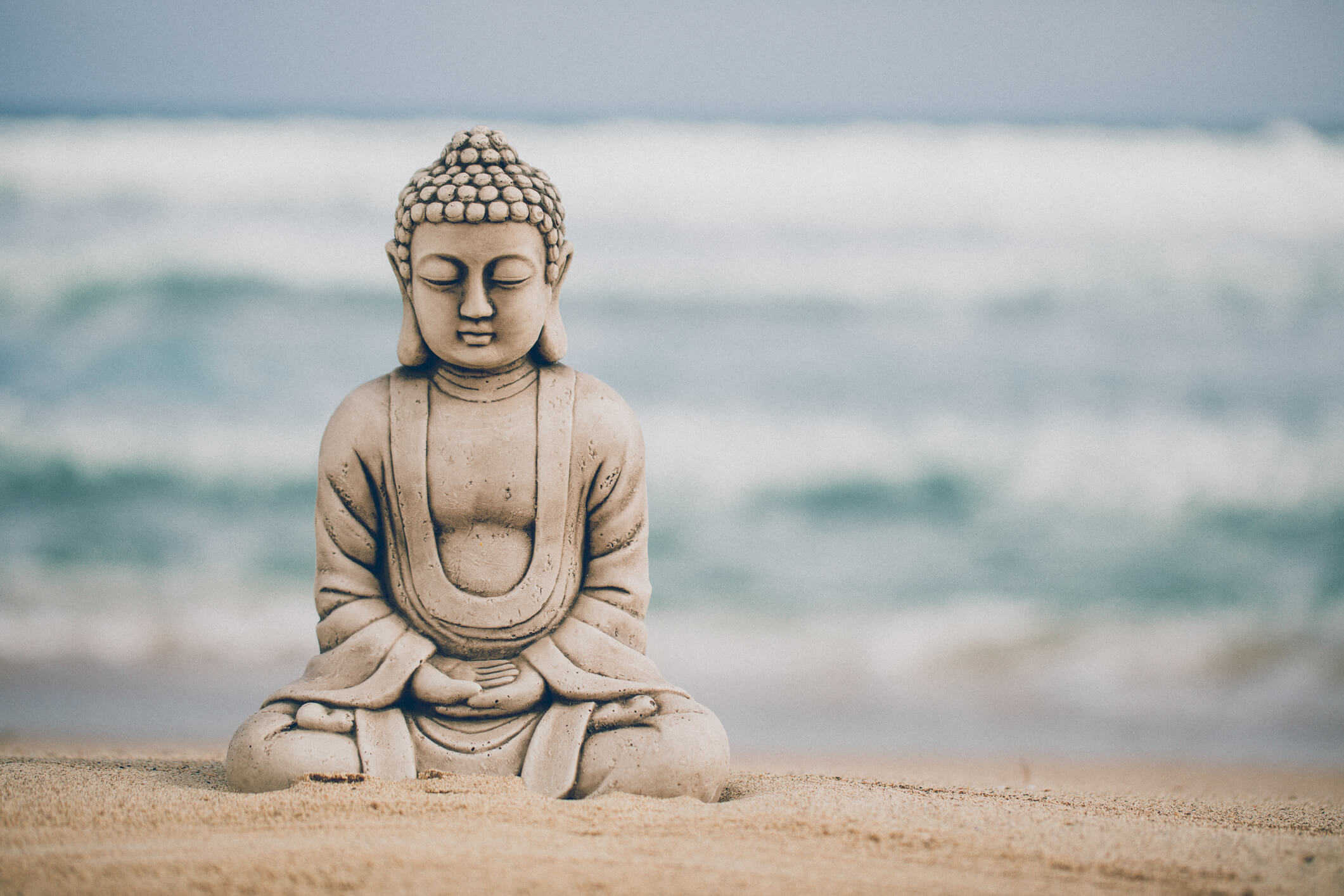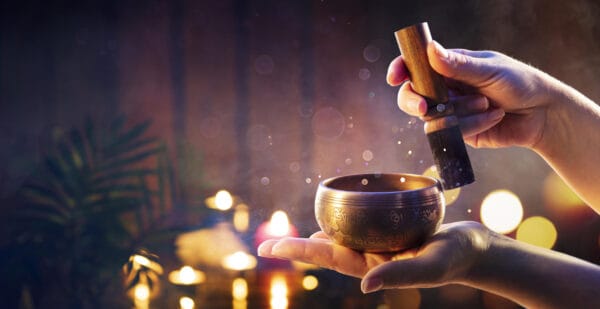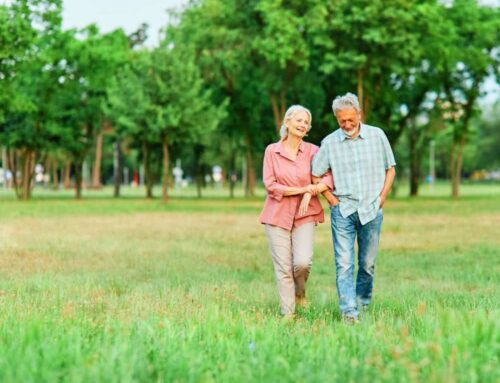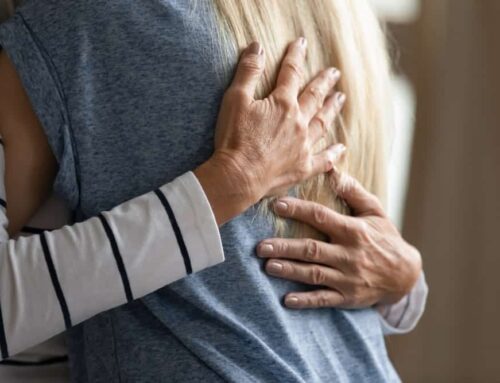Let’s examine the topic of Buddhism and cremation for those unfamiliar with this faith group’s beliefs. We will also briefly summarize what you might expect from an American Buddhist funeral.
Before we continue, it’s important to realize that Buddhist funeral traditions vary throughout the U.S. and the world. It’s difficult to make generalizations about Buddhist funeral etiquette and traditions because the Buddhists of Thailand may have different ideas of Buddhist tradition than those living in Taiwan.
Table of Contents
What You Need to Know About Buddhism and Cremation
Buddhists typically favor cremation over burial because they believe it is crucial in the process of releasing the soul from its physical body. In fact, Buddha himself was cremated.
However, Buddhist tradition does not insist on cremation. Bodies may also be buried following Buddhist burial practices – and those of the Buddhist faith are also allowed to donate organs. Some groups support embalming the deceased person, while others do not.
Typically, Buddhists leave the body undisturbed for a set amount of time after death. And then, the Buddhist funeral rites are conducted on the morning of the cremation.
Buddhist Traditions Involving Cremation
Buddhist monks may be invited to conduct a ceremony on the morning of the scheduled cremation. During this ceremony, the monks may chant verses and Buddhist funeral prayers.
Monks or family members may be present during the cremation process. Sometimes, the body is cremated along with a few belongings of the deceased.
If the family chooses burial, monks may lead chanting as the casket is placed into the grave.
The exact rites may vary, but generally, a Buddhist funeral focuses on peace and serenity.
Attending a Buddhist Funeral
Again, it is difficult to make generalizations about Buddhist funerals. In the U.S., it’s common to see Christian funeral traditions mixed with Buddhist funeral customs if the deceased is Buddhist. Also, different sects of Buddhism have varying beliefs.
It’s worth noting that the mourning family only typically wears white to a Buddhist funeral, but friends may wear black. Avoid wearing red, as it is the color of joy.
Generally, Buddhist funeral etiquette calls for silence. You should respect the somber occasion by being quiet.
As you enter (if you are comfortable doing so), you may quietly proceed to the altar and take a slight bow with your hands folded in prayer. Of course, only complete this if you feel comfortable doing so, as it is a personal preference.
During a Buddhist funeral service, you may listen to monks chanting or singing appropriate sutras or prayers – or hear the ringing of gongs or bells. You may also listen to eulogies from monks or other Buddhists who knew the deceased.
Most sects observe a Buddhist mourning period, which can vary in length. Sometimes, additional services are held during this period.
When Death Occurs, Contact a Direct Cremation Provider
If your loved one followed the Buddhist traditions, contact the Philadelphia Cremation Society for direct cremation services. Philadelphia Cremation Society offers affordable cremation services for all Pennsylvania and New Jersey faith groups. Visit our website to see our coverage area.
Key Takeaways About Buddhist Funeral Etiquette
- It’s difficult to make generalizations about Buddhist funeral services, as they vary depending on country and sect.
- Generally, Buddhists prefer cremation over burial because Buddha was cremated.
- Sometimes, there is a separate ceremony that occurs before the cremation.
- Buddhist funerals are quiet affairs and may involve chanting, bell or gong ringing, and eulogies.






